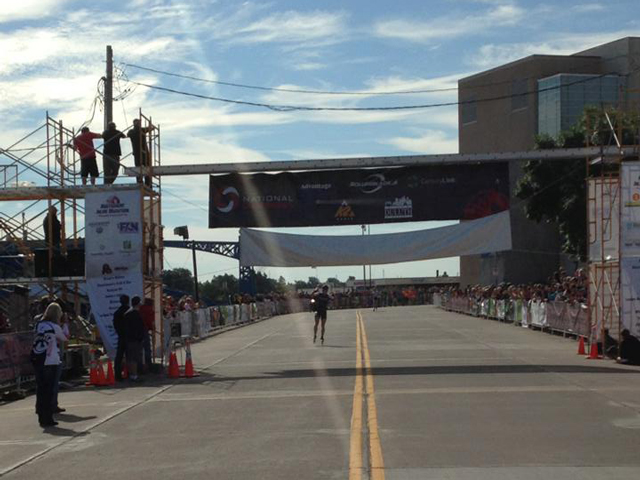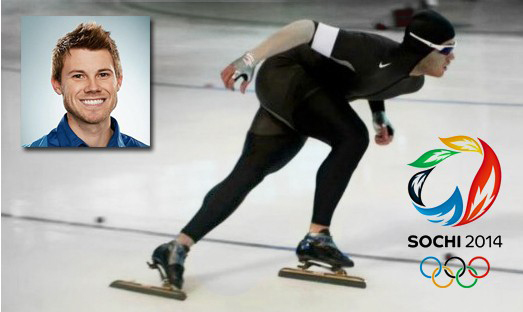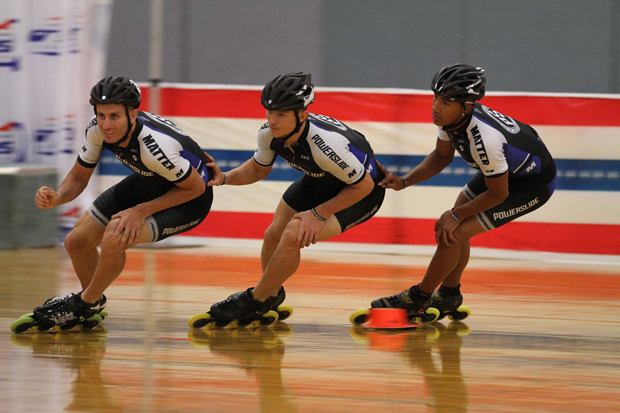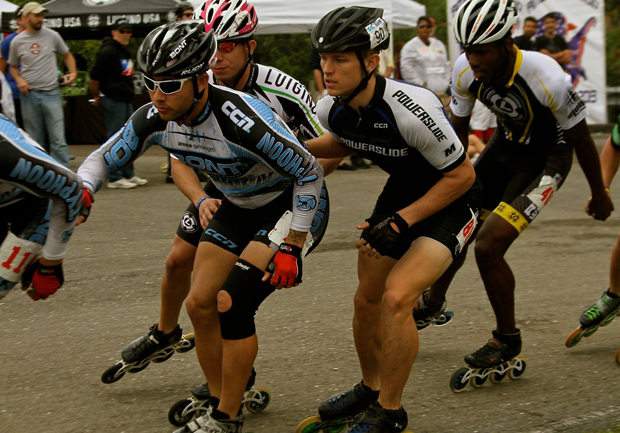How to become an inline speed skating coach
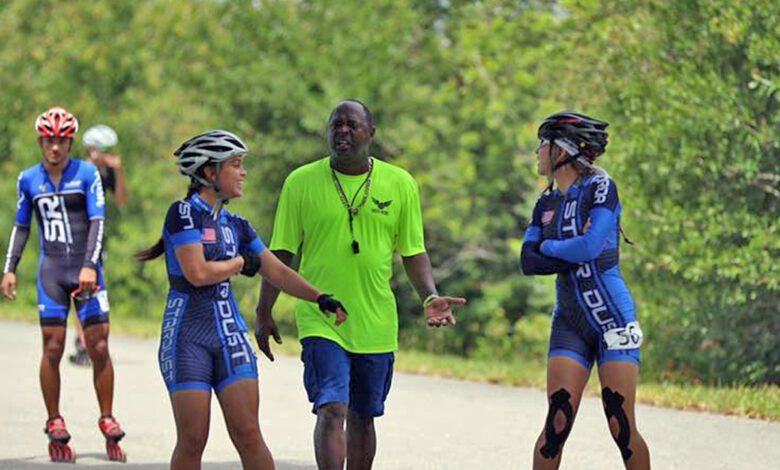
Hey there, skating enthusiasts! Have you ever watched an inline speed skating race and felt inspired by the dedication and skill of the athletes? Or perhaps you’ve experienced the thrill of skating yourself and now feel a calling to guide others on their journey. Becoming an inline speed skating coach is a rewarding path that allows you to share your passion, develop talent, and contribute to the growth of this exhilarating sport. Whether you’re a seasoned skater or someone with a deep love for the game, stepping into coaching can be your next big adventure.
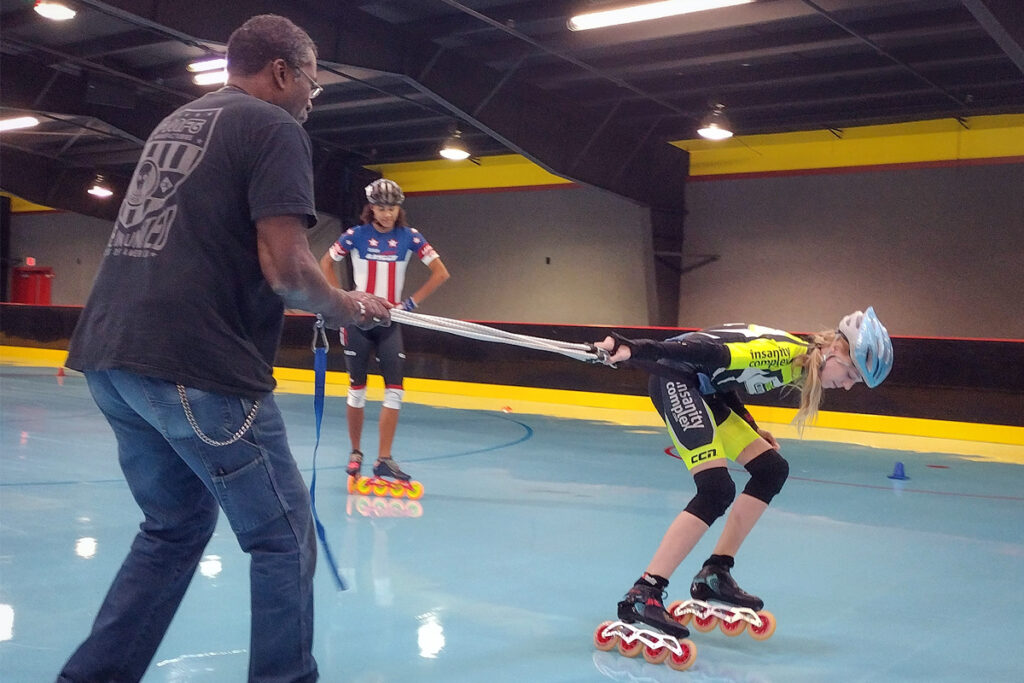
Getting Started:
1. Understand the Sport: Before you dive into coaching, it’s crucial to have a solid understanding of inline speed skating. This means knowing the rules, techniques, equipment, and competitive landscape. If you’re already a skater, you’re a step ahead. If not, immerse yourself in the sport by attending events, watching races, and studying skating dynamics.
2. Gain Experience: There’s no substitute for experience. Spend time on skates, join a local club, and, if possible, compete in races. Understanding the physical and mental aspects of skating firsthand will significantly enhance your coaching.
3. Learn from Others: Seek out mentorship or shadow experienced coaches. Learning from someone who’s been in your shoes can provide invaluable insights into coaching methodologies, athlete management, and navigating challenges.
4. Coaching Certification: Look into coaching certification programs recognized by skating or sports organizations. These programs often cover coaching principles, athlete development, safety, and sport-specific techniques.

Developing Your Skills:
5. Educational Workshops: Participate in workshops and courses related to sports science, psychology, and nutrition. A well-rounded knowledge base will help you address the diverse needs of your athletes.
6. Stay Updated: The world of inline speed skating is always evolving. Stay informed about the latest training techniques, equipment advancements, and rule changes by reading industry publications and engaging with the skating community online.
7. Build Communication Skills: Effective communication is key to successful coaching. Work on being clear, motivational, and responsive to your athletes’ needs and feedback.
Creating a Positive Impact:
8. Focus on Development: Your primary goal as a coach is to foster the growth and development of your athletes. This means not only improving their skating skills but also supporting their personal growth and sportsmanship.
9. Establish a Safe Environment: Safety should always be a priority. Ensure your athletes understand the importance of proper gear and follow safety protocols during training and competitions.
10. Encourage a Team Spirit: Even in individual sports like inline speed skating, a sense of team unity can be incredibly motivating. Encourage your athletes to support one another and create a positive and inclusive team culture.
Becoming an inline speed skating coach is an exciting opportunity to make a lasting impact in the sport and in the lives of your athletes. It’s a path filled with learning, challenges, and the joy of seeing your skaters achieve their goals. Remember, great coaches are not just teachers but lifelong learners, constantly seeking to improve and adapt. So, are you ready to lace up your skates and step into this rewarding role? The track awaits!
